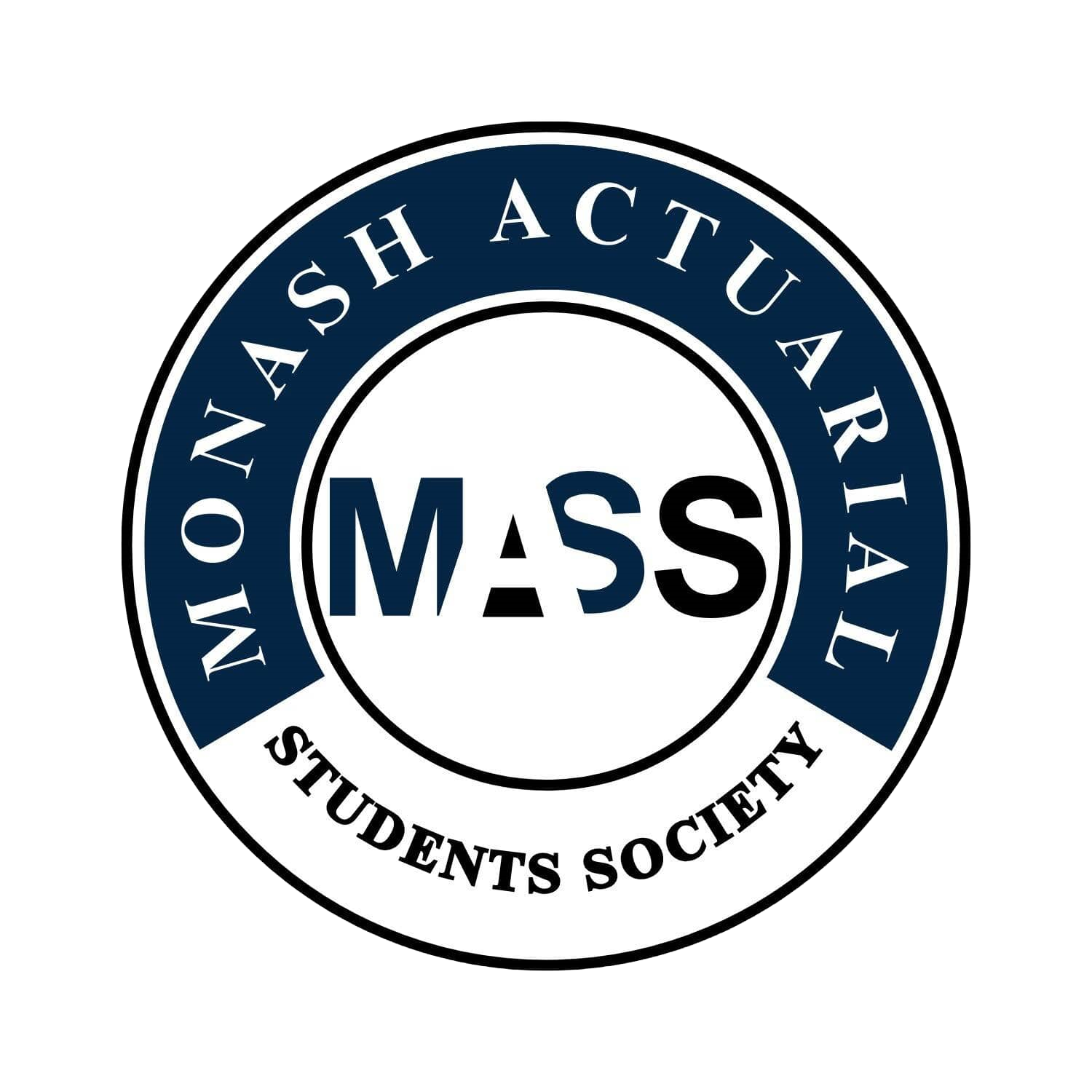ETC2420 / ETC5242 Statistical Thinking (Sem 2 2022)
Difficulty:
Year Completed: Semester 2, 2022
Prerequisite: ETC1000
(or ETB1100, or SCI1020, or ETW1001, or STA1010, or ETF1100, or FIT1006)
Exemption:
CS1 Actuarial Statistics
ETC1000 (25%), ETC2420 (25%), ETC2520 (35%), ETC3580 (15%)
CS2 Risk Modelling and Survival Analysis
ETC2420 (10%), ETC3420 (20%), ETC3430 (50%), ETC3550 (20%)
Weighted average of 70% required. Minimum of 60% required for each unit.
Mean Setu Score: 54.97%
Clarity of Learning Outcomes: 50.88%
Clarity of Assessments: 57.89%
Feedback: 50.00%
Resources: 54.29%
Engagement: 63.16%
Satisfaction: 53.57%
Subject Content:
Lecture(s) and Tutorial(s):
Textbook(s):
Assessments:
This unit included important statistical theories as well as data visualization and wrangling, and running simulations through randomization and bootstrapping. The unit goes in depth in teaching resampling techniques for assessing variability in dependent and independent samples, distributional models and maximum likelihood estimation, as well as regression models and hypothesis testing. Additionally, the unit explores topics of Bayesian statistics such as, inference, prior and posterior analysis and regression models using Bayesian methods.
1 × 2 hour lecture
1 × 1.5 hour workshop
Whilst no textbooks were prescribed there were a few textbooks recommended to students; which proved useful in understanding the concepts covered each week.
5 tasks (5% each) - 25% (Friday of nominated week)
Assignment - 25%
Revision Quiz- 5%
Final exam - 45% (45% hurdle)
Comments
Overall, the unit was interesting and covered important concepts in statistics and random sampling and Bayesian inference. The unit heavily relied on the use of R, so there was a significant learning curve in that aspect., however the tutorials were fairly useful in this aspect. The assessments were not too difficult and enough time was given to complete them.
During the lectures, the lecturer used both theoretical explanations and sample code to reinforce the concepts being taught. The lecture slides were minimalistic, with the lecturer adding extra notes to them as the lecture progressed. Reviewing these notes after the lectures proved to be useful for students. All of the lectures were conducted on zoom, and became increasingly engaging as more interesting topics were covered throughout the unit.
While the lectures were theoretical, with a mix of coding on R, the tutorials were fairly applied and involved practicing on R. They started on the first week of the semester with a heavy focus on how to set up R and RStudio. The tutorials were always based on the previous weeks’ lecture content. The tutorial exercises were long and had many questions which covered the content taught in the lecture well, however this resulted in the tutors going through specific questions in the tutes rather than the whole exercise. Regardless, the tutes were engaging, fun and informative. The tutors also took some time to go over the content discussed in the lectures to solidify the content taught in the lecture.
5 tasks (5% each) - 25% (Friday of nominated week) : These were quizzes with multiple questions which had to be done individually.
Assignment - 25% : This was a group assignment which was heavily focused on bootstrapping, randomization, bayesian inference, and hypothesis testing. The report style of the assignment gave students a good idea of how to present reports. The marking for the assignment was not extremely strict and most students found their grades fair.
Revision Quiz- 5%: This was a quiz with multiple questions on all of the content covered during the semester. This was good practice for the final exam. Hence preparing for the quiz enabled students to prepare for the exam early on.
The Final exam was weighted as 45% of the unit and had a 45% Hurdle. The exam was very fair and had a mix of theoretical and applied questions where the R output was given. Whilst the questions were harder than tutorial questions, Students were provided with a formula sheet which had all the important formulas, hence there was no need to memorize.
The key to performing well in this unit is to studying in advance, following the lectures on time, asking asking questions when needed. As the unit provides foundational knowledge for higher level units, it is important to gain a sound understanding of the concepts taught within the unit.
General Overview:
Lectures:
Tutorials:
Assessments/Other Assessments
Exam
Concluding Remarks

